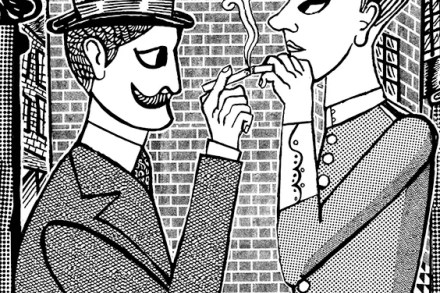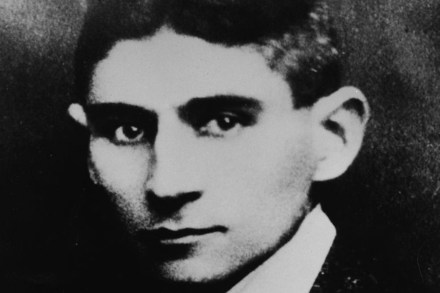Did the Duchess of Windsor fake the theft of her own jewels?
On 16 October 1946, the Duke of Windsor, the former Edward VIII, and his wife Wallis were visiting England for a short period. They were staying with their friends the Dudleys at Ednam Lodge in Surrey, and felt sufficiently comfortable not to store Wallis’s impressive collection of jewellery in the house’s safe room, but instead kept it – with almost breathtaking carelessness – under the bed. It is unsurprising, then, that an opportunistic thief was able to break into the house while the Duke and Duchess were dining in London, steal the jewels and make good his escape without detection. If this was all there was to the story, it




















